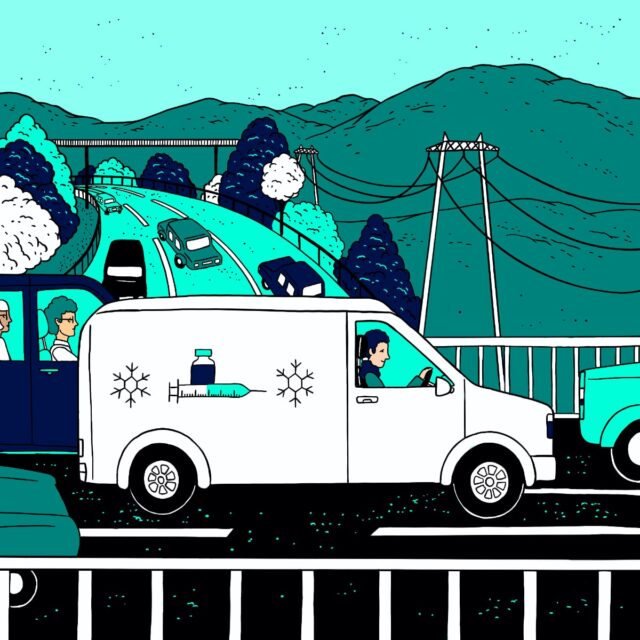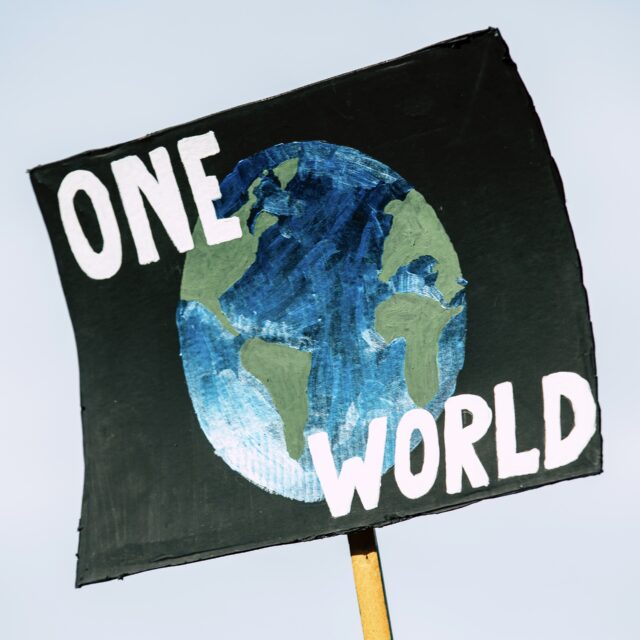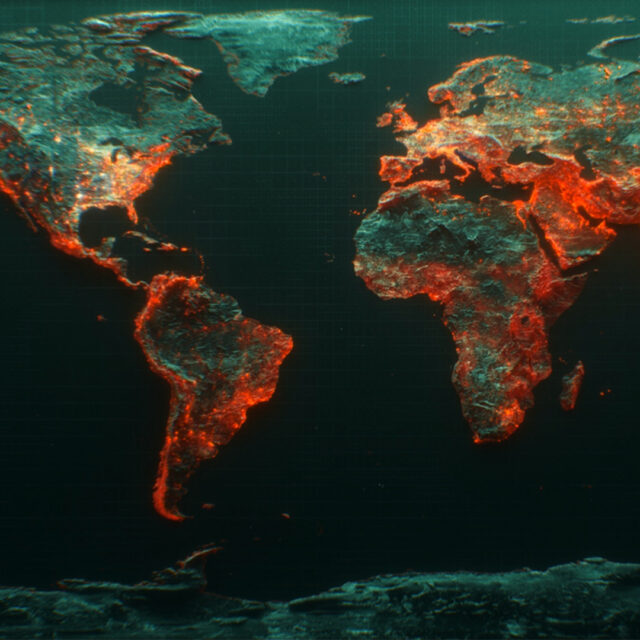The world is in the midst of a global crisis, and the global health community is racing to flatten the pandemic’s curve and find a vaccine for COVID-19. Global health systems and security are crucial right now, and Gavi, the Vaccine Alliance, has been investing in improving global health for the past 20 years.
Here are six things Gavi grants and funds help support, and why it’s crucial that these programmes are funded.
1. Making sure a COVID-19 vaccine reaches those who need it most
As COVID-19 affects every corner of the world, countries with weaker healthcare infrastructure are set to suffer the most. In order to help mitigate the worst impacts of COVID-19 in poorer areas of the world, Gavi will provide US$200 million in urgent initial funding to lower-income countries to support their response.
While most reports suggest that a vaccine remains a year away, Gavi has committed to accelerating its development of the vaccine, and supporting delivery to vulnerable communities when it’s ready.
2. Investing in cold chain processes
Cold chains have facilitated the delivery of vaccines in some of the world’s poorest countries for over 40 years. Today, they are increasingly outdated and struggle to handle a rising number of vaccines.
Gavi’s investment in the cold chain process, which ensures vaccines are transported and kept at the correct temperatures, started because low-income countries such as Haiti were not able to afford the upfront investment required to purchase new cold chain equipment.
To date, Gavi has agreed to support the purchasing of more than 65,000 pieces of cold chain equipment for more than 55,000 different sites used to store or transport vaccines. Two-thirds will replace outdated or broken equipment, while the rest seeks to extend cold chain facilities and their output.
By helping countries purchase and maintain this equipment, Gavi removes one of the main barriers standing in the way of cold chain modernisation. This helps ensure vaccines can be safely stored in fridges, giving people in poorer parts of the world more access to life-saving vaccines.
3. Funding storage hubs
In the Democratic Republic of the Congo, you can see the importance of Gavi’s funding of storage hubs.
The country has opened a huge storage hub capable of storing millions of newly manufactured vaccines, and other medical supplies, before they are distributed to health centres.
This hub, which was entirely funded by Gavi with technical support from UNICEF, is crucial for the country’s immunisation programme. With 12,000m3 of dry storage space, it will also act as a national storage facility for drugs, consumables, and medical devices from the National Pharmacy as well as other donors, giving a boost to the country’s primary healthcare system as a whole.
4. Helping support and grow health systems
Strong and functioning health systems are integral to the safety of everyone. When a country receives Gavi support, Gavi also works to strengthen the country’s’ own immunisation programmes and broader health systems. In practice, this means that when a country becomes wealthier, it pays more in order to contribute to the building and maintenance of a sustainable health system.
So, Gavi supports both growth and improvements in health, as well as supporting the day-to-day running of health services. As this current pandemic demonstrates, strong, functioning healthcare systems are essential.
5. Shaping vaccine markets
Vaccines are one thing, but access to vaccines is another. The existence of a vaccine doesn’t necessarily mean it’s accessible – particularly in low-income countries. Gavi works directly with the suppliers of vaccines in order to produce vaccines at a fairer, lower cost, in order to make them more affordable to those living in poorer countries.
Gavi’s shaping of the vaccine market leads to increased supply and lower prices. By doing this, Gavi has greatly reduced the price of vaccines and made the market more accessible. For example, the cost of fully immunising a child with pentavalent, pneumococcal and rotavirus vaccines dropped by 21% since 2015.
6. Ensuring routine immunisation of children
Gavi helps vaccinate almost half of the world’s children. Here are some of the most impressive stats.
In July 2014, South Sudan became the final Gavi-supported country to introduce the five-in-one pentavalent vaccine, which protects against Hib, which can cause pneumonia, whooping cough, tetanus, hepatitis B and diphtheria. By the end of 2018, over 467 million children globally had been immunised with pentavalent vaccine with Gavi support.
By the end of 2018, 59 Gavi-supported countries had immunised more than 183 million children against pneumococcal disease. By the end of 2020, it is expected that 14 million girls will have been vaccinated against HPV in 24 countries with support from Gavi.
As Gavi works with the wider global health community to develop and distribute a vaccine against COVID-19, you can show your support by telling world leaders to invest in life-saving vaccines. Add your name to tell world leaders they must fully fund Gavi this year.



